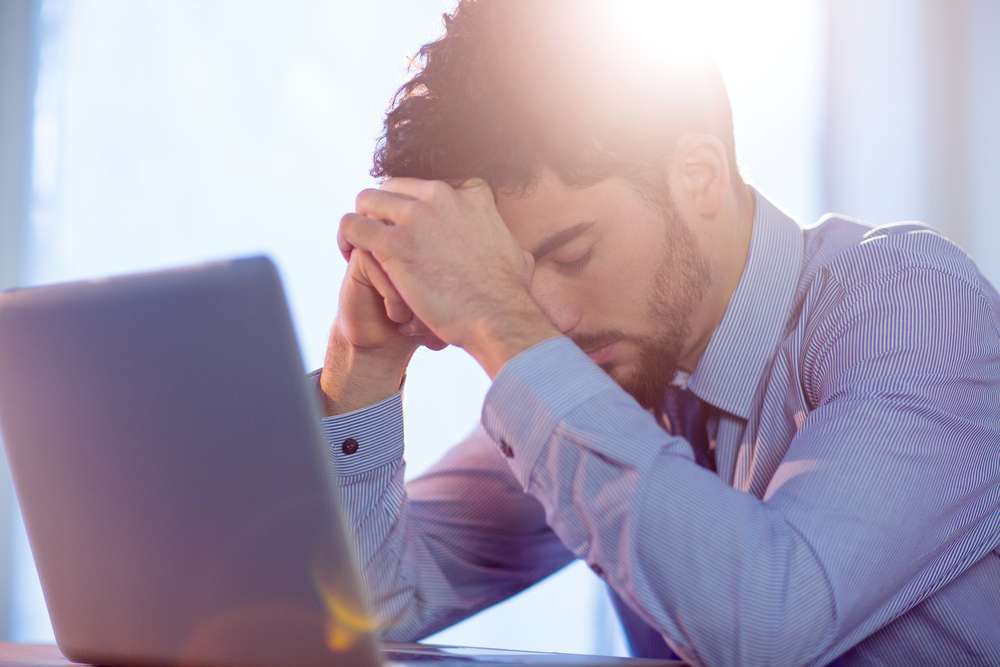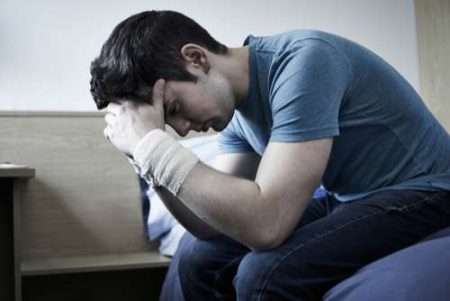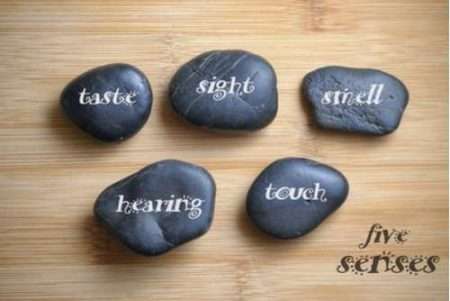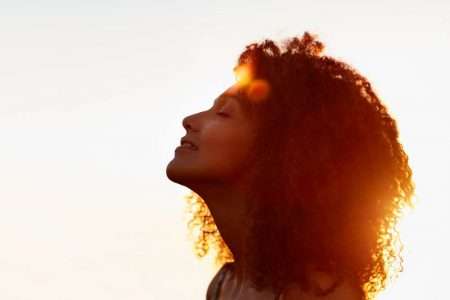Anxiety is one of the most globally pervasive associated mental health issues with addiction
Anxiety disorders can include more than generalized anxiety. Social anxiety, post-traumatic stress disorder, panic disorder, and obsessive-compulsive disorder fall under the category of anxiety and can all be associated with addiction.
- Symptoms similar to body dysmorphia could include body checking, fact-checking, and skin checking for imperfections and issues. Obsession over these areas can lead to compulsive behaviours like picking until there is bleeding or damage.
- Excessive apologizing and taking responsibility for problems or offences which are not personal.
- Dissociating during challenging moments or conversations or simply “tuning out” while around other people.
- Suddenly departing the premises and leaving without any explanation, typically with no return.
- Having snap reactions to people, places, and situations by making rude comments, lacking verbal control, and acting offensively.
- Shaking or jittery hands and limbs, which can include bouncing the knee or legs, constantly fidgeting or seeming to be restless.
- High occurrences of forgetfulness or losing track. Can include difficulty staying organized. Symptoms of attention deficit and attention deficit hyperactivity disorder are common.
- Engaging with technological devices like a phone at inappropriate times to stay distracted.
- Obsessive thinking and ruminating thought patterns, when expressed, can seem overwhelming to others.
- “Jammed speech” patterns of hyper-talking.
- Sporadic episodes of extreme emotions and emotional displays such as becoming frantic, anxious, crying, screaming, having panic attacks.
Symptoms of anxiety are often overlooked because they are commonly confused with stress. Stress and anxiety are similar and often symptoms of one another, but are not the same issue. For full recovery from addiction, it is essential to assess and properly treat anxiety.
Get in touch today
To find out how we can help you please telephone Castle Craig on our 24-Hour Helpline: 01721 728118 or click here to arrange a free addiction assessment or here for more information.
You’re almost there.



